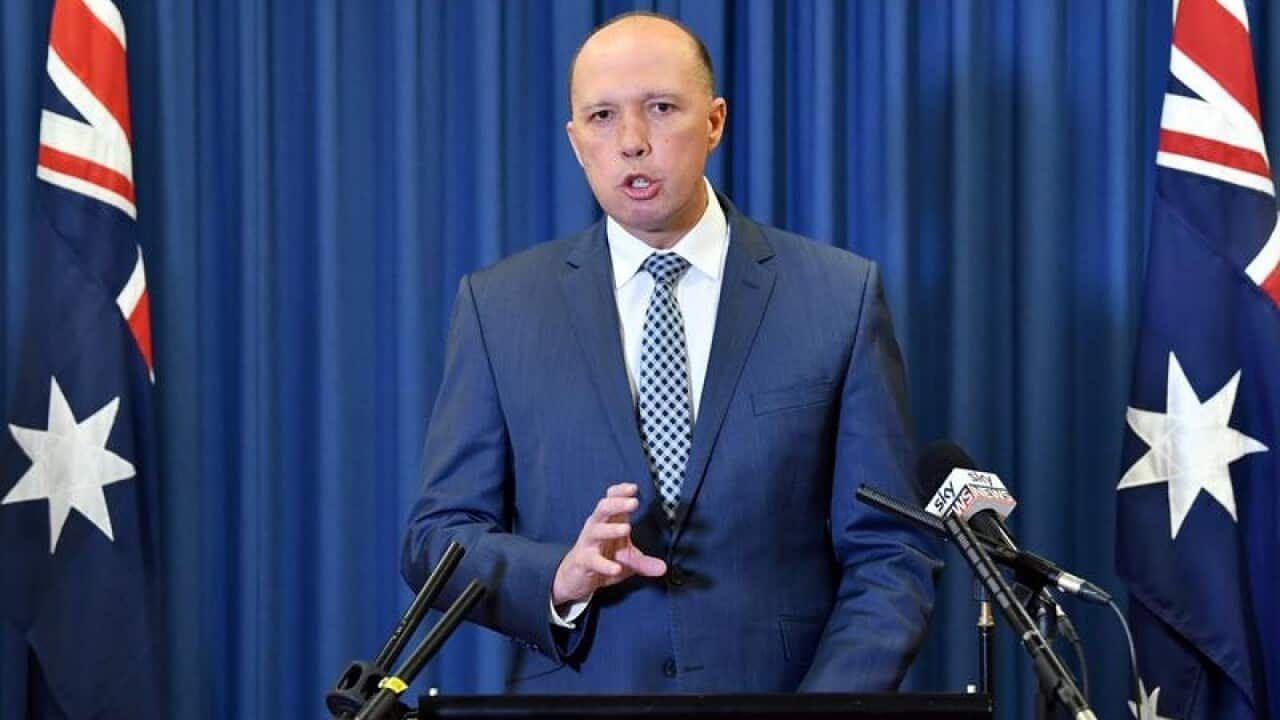Australia’s peak ethnic communities’ organization says it does not believe introducing a mandatory period of temporary residency will enhance the integrity of country’s visa system or ease the burden on taxpayers.
In a discussion paper released in July this year, the Immigration Department had sought views from the public and other stakeholders on simplifying Australia’s visa system which also included a proposal to introduce a mandatory period of provisional residency in Australia before granting permanent visas.
Federation of Ethnic Communities’ Council of Australia has said such a move will limit access to basic resources and services to many new migrants.
“Provisional residence will delay the ability of immigrants to obtain employment and the integration process,” FECCA has said in its submission made to the Department of Immigration.
It said those eligible, should be granted permanent residency immediately.
The body said there’s no evidence to show that provisional residency will lead to a more integrated and cohesive society. It said in some cases where migrants are vulnerable individuals, enforced periods of provisional residence may have a “negative effect on their health and settlement in Australia”.
FECCA said it is aware that classification as ‘provisional’ or ‘temporary’ has very significant consequences for access to basic social rights and protections in Australia.
If people are living in Australia in the long term, it would be best if they were able to access essential services as soon as they require this support.-FECCA
“If people are living in Australia in the long term, it would be best if they were able to access essential services as soon as they require this support,” it said in the submission.
Maninder Singh Bhullar was on a temporary visa for two years before he got his permanent residency earlier this year. He agrees that a period of provisional residence causes unnecessary hardships to migrants like him.
"Not many employers were willing to hire me as long as I was on a temporary visa. Getting a loan to start something of my own was much more difficult than it is now," he told SBS Punjabi.
Mr. Bhullar says as a migrant on a temporary visa just arriving in Australia, he had to pay hundreds of dollars in health insurance premiums in the absence of Medicare cover is a significant drain when they are just starting off and don't have a stable income.
FECCA also rejected the idea of enhancing the level of English language proficiency required for temporary and long-term visas. It said such a move “unfairly discriminates” against some of the most vulnerable migrants including refugees and women.
FECCA said it is very concerned about the proposal to involve private players from the industry in the visa processing system. It said such a system would lack the capacity for nuance in cases when considering individual circumstances in visa decisions.
It has also called for making the visa system cost-effecting and affordable. It said many visitors with limited financial means find it difficult to overcome the barriers of “inequitable and expensive charges”.
The Immigration Department is also proposing to reduce the number of visa categories from 99 to 19. FECCA says care must be taken in doing so to accommodate the needs of everyone who seeks to enter Australia for a wide range of reasons.
Share


